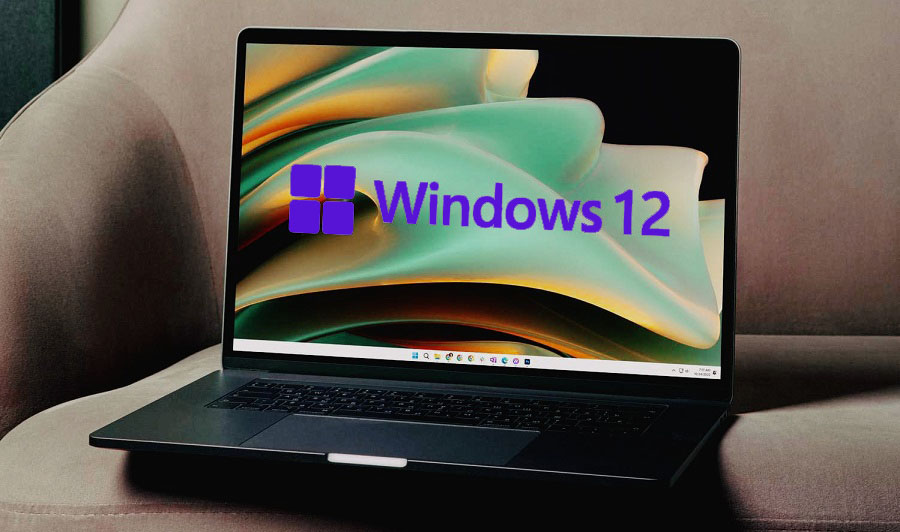Microsoft is diligently working on upgrading its future operating system, with a focus on artificial intelligence and enhanced security. Windows 12 aims to bring significant updates to the platform, integrating AI, faster updates, and improved security.
On the Path to a More Modern OS
Although Microsoft abandoned Windows 10X in 2021, an lightweight version of its OS designed for less powerful machines, the company hasn’t completely given up on the idea. There are indications that it might revive the concept through Windows CoreOS, a stripped-down version of the operating system with only essential components integrated. This philosophy resembles the abandoned Windows RT. According to Windows Central, Microsoft is working on an OS version that can compete with more modern and lightweight systems like Chrome OS. This project is referred to as “CorePC” and will incorporate some innovations from CoreOS while ensuring native compatibility with legacy Win32 applications. Microsoft will offer different editions of Windows with varying levels of feature and application compatibility to cater to different machine requirements.
Introducing CorePC: A New Approach
The main distinction of CorePC from the current Windows version is its division into “states.” This enables faster and more secure platform updates through read-only partitions inaccessible to users or third-party applications. Other systems, such as Android or iPadOS, already employ a similar approach.
Unlike Windows 11, which operates as a single partition, CorePC’s partitioning offers the advantage of quicker system reinstallation, a compelling argument for certain use cases like Chromebooks in the education sector.
Windows 12: A Competitor to Chrome OS
CorePC represents Microsoft’s efforts to deeply reimagine Windows, allowing it to compete with Chrome OS in terms of footprint, performance, and offered OS features. The company has been working on this project internally for some time now. According to Windows Central, the Windows (12?) version is being tested internally and will support Edge, web apps, Android apps, and Office applications. The OS designed for educational PCs will occupy 60-75% less space than Windows 11 SE. Additionally, Microsoft is reportedly working on a CorePC version “optimized for silicon systems,” enabling hardware and software optimization similar to Apple’s approach with its chips.
Artificial Intelligence and Future Enhancements
Unsurprisingly, artificial intelligence will play a key role in this new OS. Windows will be able to identify displayed content, offering context-specific commands. The identification of objects and text in images will facilitate easy cut-and-paste operations. CorePC serves as the foundation for the future Windows 12 (codenamed Hudson Valley), set to be launched by Microsoft in 2024.

